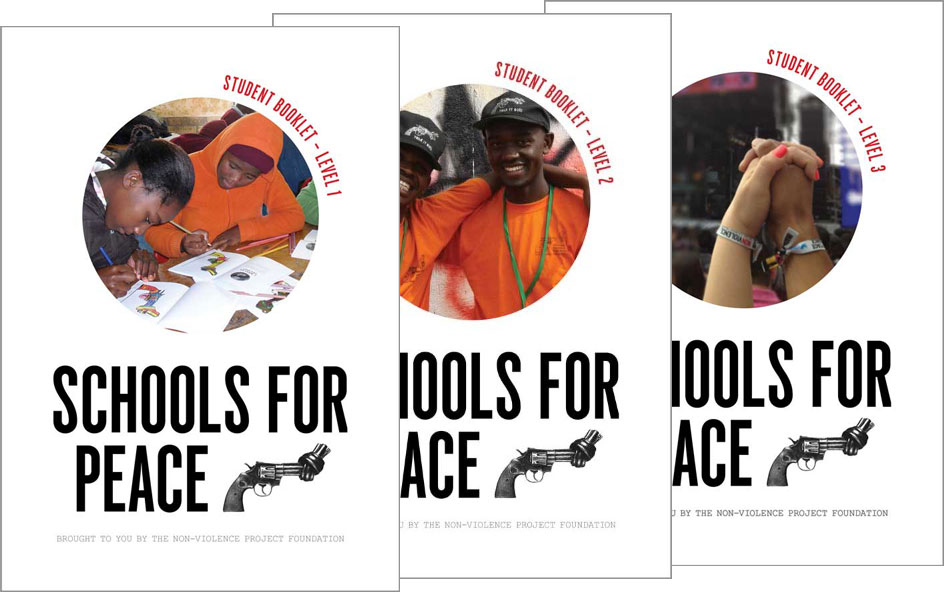
We encourage our students to raise issues, ask questions and become active learners. They are asked to listen to each other, share different points of view and experiences in a respectful way. We help students to see old events, people and structures in a new light and with new perspectives. We allow them to question their previous assumptions and values. Reflection and dialogue enable them to transform the way they see themselves, their communities and the world.
Our students are encouraged to use their vibrant energy, creativity and active potential to promote non-violence qnd social justice with their friends, families and within their own communities.
Our students learn through experience by participating in fun and engaging activities that encourage critical thinking, problem solving and decision making in the contexts that are personally relevant to them. This type of learning also makes opportunities for debriefing and consolidation of ideas through feedback, reflection and the application of the ideas and skills to new situations.
We engage in developing the whole person and allow room for physical, emotional, mental and spiritual development. We consider the human being multi-dimensional and we shed light on conscious and unconscious aspects as well as rational and irrational behaviours.
We empower the local community around our students by transferring knowledge, building capacity development, support and training. Local NVP staff interact with school managements, teachers, students, and other community members to strengthen the ability to provide relevant programs and effective and sustainable results.
Level 1 serves as an introduction to our three main subjects: self-esteem, conflict management, and non-violence. On this level, students begin to understand the main concepts behind each subject.
The objectives for each subject are:
Self-esteem: Students will begin to identify their own strengths and understand the importance of self-esteem.
Conflict management: Students will learn that there are different perceptions about conflict and that there are different ways we behave in different conflict situations. They will also learn to identify feelings and needs, and recognize the importance of active listening.
Non-violence: Students will learn about non-violence role models, the history of the Knotted Gun and The Non-Violence Project Foundation.
Level 2 serves as a more in-depth exploration of two main subjects: self-esteem and conflict management.
The objectives for each subject are:
Self-esteem - students will learn how to acknowledge positive aspects of themselves and others, and become aware of the connection between giving positive feedback, self-esteem, and strengthening the sense of a team.
Conflict management - students will learn how to become aware of different aspects of conflict, of needs and concernsof the people involved in the conflict, and why and of how conflicts escalate. They will practice to express their thoughts, feelings and needs by using peaceful way of talking and to think of win-win solutions. They will also set goals on how to improve their conflict management skills.
Level 3 serves as a more in-depth exploration of two main subjects: self-esteem and non-violence.
The objectives for each subject are:
Self-esteem – students will become aware how inner voice can influence feelings and behaviour. They will develop understanding of other people’s feelings, develop empathy, and learn how to stand up for themselves in difficult or conflict situation. They will also learn more about how to love and accept themselves as they are.
Nonviolence – students will learn about different categories of violence and develop their own critical intelligence regarding culturally inherited thoughts, attitudes, rules and expectations. They will find out what non-violence really is, and practice how to stop violence and oppression in a safe learning environment.
